Climate change is a phenomenon referred to as ‘global warming” by scientists. It is said to be caused by the release of greenhouse gases into the atmosphere. These gases take in some kinds of heat and stop them from going into space. Consequently, they trap heat in our surroundings, making them warmer than they would be otherwise. In other words, “climate change” is the change in weather patterns over time. It can affect different regions differently, but it affects all of us in some way. Understanding what climate change is and how it occurs can thus assist anyone in becoming more aware of its effects and becoming involved in attempting to reverse them. In this article, we’ll answer some of your most frequently asked questions about climate change so that you can better understand this global issue and take action to help save our Earth!
What is climate change?
Climate change is a phenomenon referred to as ‘climate change by scientists. It is said to be caused by the release of greenhouse gases into the atmosphere. These gases take in some kinds of heat and stop them from going into space. Consequently, they trap heat in our surroundings, making them warmer than they would be otherwise.
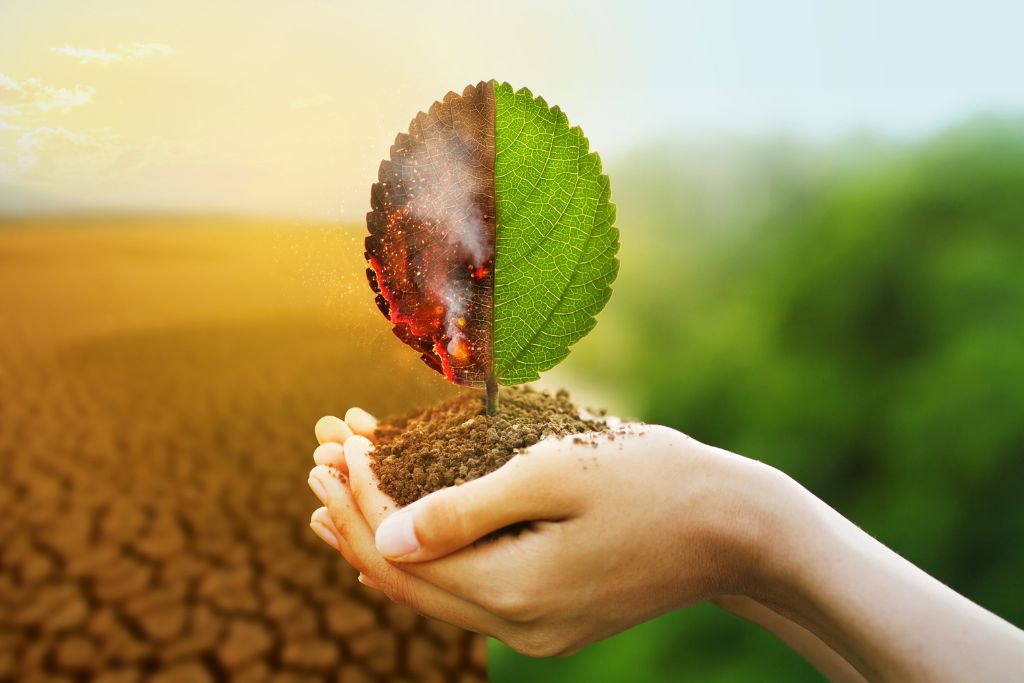
In other words, “climate change” is the change in weather patterns over time. It can affect different regions differently, but it affects us all in one way or another! Understanding what climate change is and how it occurs can thus assist anyone in becoming more aware of its effects and becoming involved in attempting to reverse them. In this article, we’ll answer some of your most frequently asked questions about climate change so that you can better understand this global issue and take action to help save our Earth!
How Climate Change Occurs
Climate change is caused by a combination of factors. For instance, greenhouse gases and aerosols are two natural substances that contribute to climate change. Greenhouse gases are either made by people or found naturally in the air. They keep heat from the sun from escaping into space by trapping it. These gases include carbon dioxide, methane, nitrous oxide, and water vapor. They are released when people burn fossil fuels such as coal, oil, and natural gas, which release CO2 into the air. Aerosols are tiny particles suspended in the air, also known as particulate matter. These particles can come from natural sources like volcanic eruptions or soil erosion or from human-made sources like cars, industry, smokestacks, forest fires, etc. Aerosols can both scatter sunlight and trap heat, as well as cause health problems in some cases.
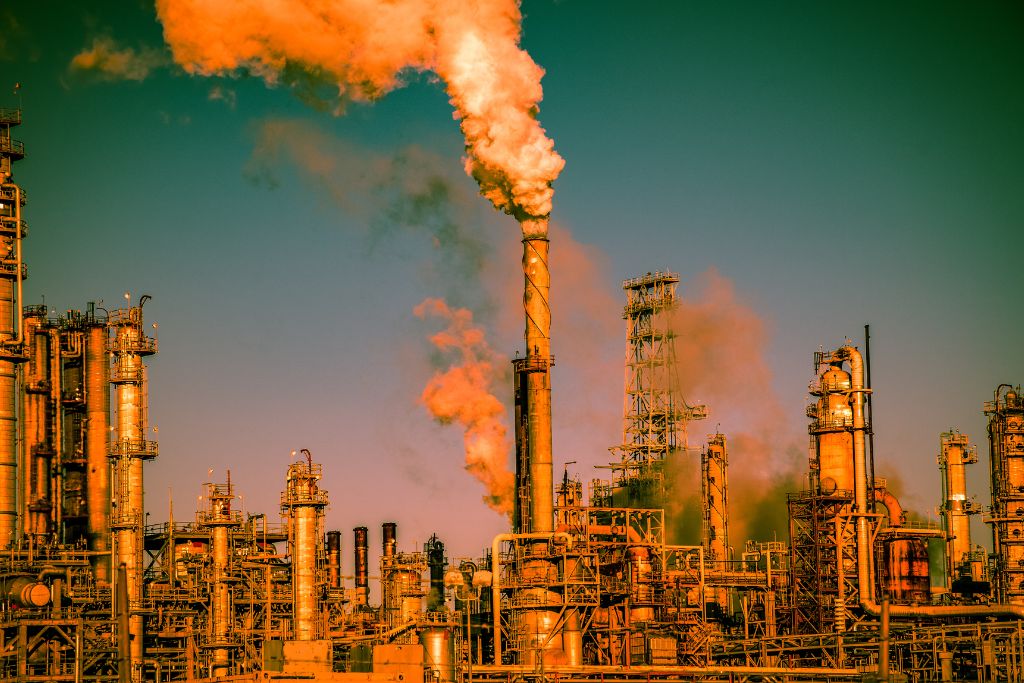
In addition to greenhouse gases and aerosols affecting our overall climate over time with their effects on heat-trapping and scattering sunlight together with their potential health risks., there are other factors that affect climate change too, such as El Nio/Southern Oscillation (ENSO) cycles, which affect ocean currents; solar variations, which affect the amount of radiation received by our planet; ice ages and interglacials, which affect sea levels; etc. Although scientists do not know precisely how much these factors may have contributed to global warming in terms of percentages or even how big they may be individually or collectively compared to other factors.
Types of Climate Change
While the term ‘climate change” is often used interchangeably with ‘global warming,’ there are two different types of climate change. To be more specific, climate change can either be global or regional. Changes in the average temperature and amount of greenhouse gases on Earth are what is meant by “global climate change.” Local or regional climate change is caused by changes in weather patterns that happen naturally over time in a certain place. Regional climate change includes things like droughts, flooding, and hurricanes.
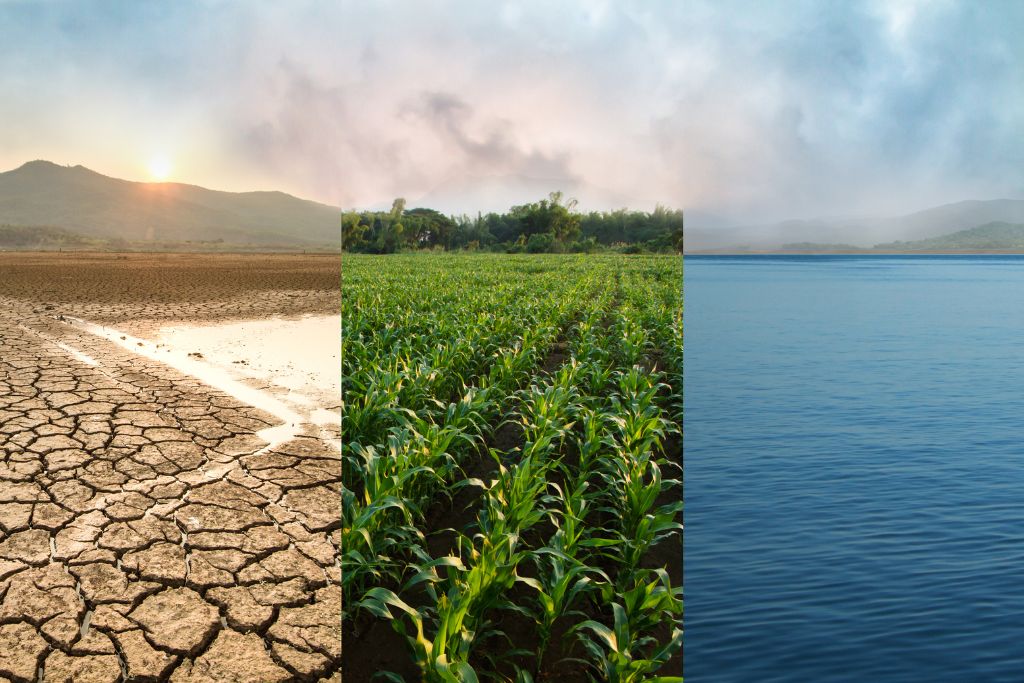
How much of an effect does climate change have?
The release of greenhouse gases into the atmosphere causes climate change, which is directly linked to global warming. These gases take in some kinds of heat and prevent them from going into space. Consequently, they trap heat in our surroundings, making them warmer than they would be otherwise. According to some studies, climate change is responsible for up to 70% of all-natural disasters. It can affect different regions differently, but it directly affects us all in one way or another.
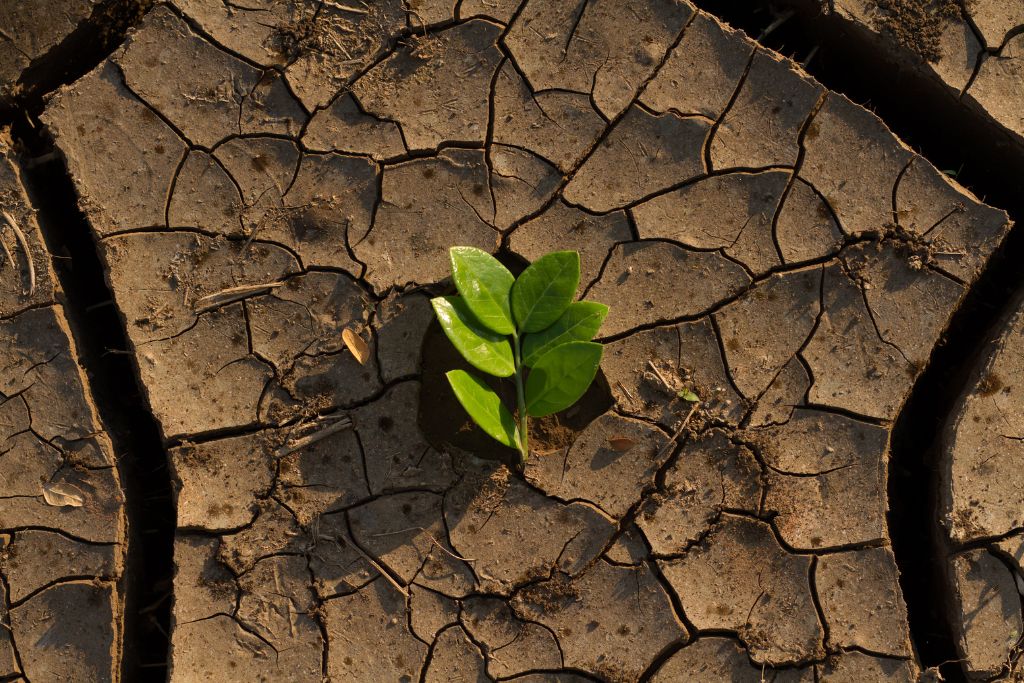
Why is climate change a problem?
Global warming is a problem because it brings with it many negative effects. The main one is climate change itself, where our planet becomes warmer than it would be otherwise. This affects different regions differently. For example, if you live in a region that gets more rain or snow, that may mean harsher winters or higher-than-average summer temperatures. Other effects of global warming include rising sea levels and an increase in natural disasters such as floods and droughts. The more we understand about climate change, the better prepared we can be for what’s to come!
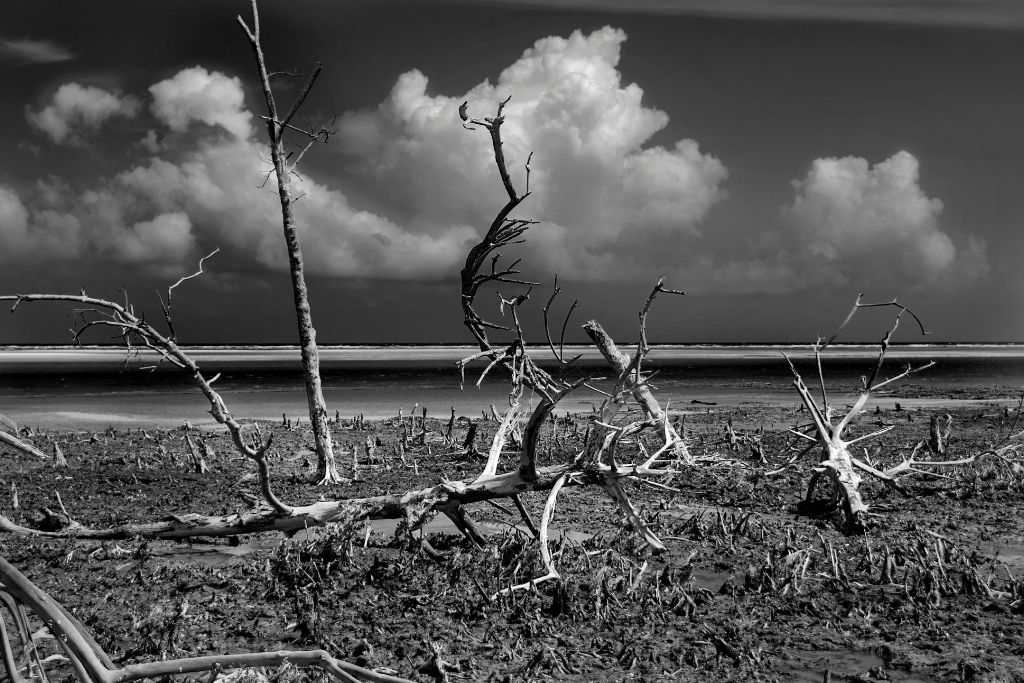
Ways to stop Climate Change
One of the most important ways to help stop climate change is by reducing your carbon footprint. This means choosing to live a more environmentally friendly life, such as by recycling and turning off lights when nobody is in the room so that you don’t waste energy. Another way to help stop climate change is by supporting environmentally conscious companies. You can vote with your dollar by buying products or services marketed only by those companies that are trying to be green and save the planet. Another way to help stop climate change is by voting in local elections.
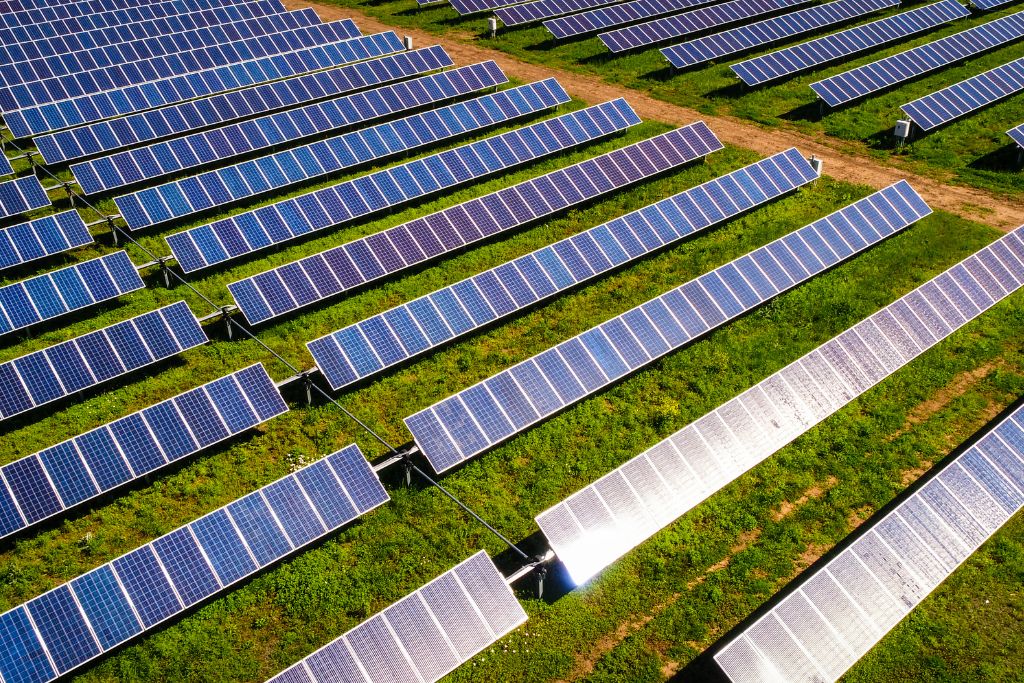
Many cities across the U.S. have pledged to address climate change this year through public transportation, improved public infrastructure, and environmental education! Another way to help stop climate change is by living sustainably, which means using fewer resources than what our Earth naturally provides for us. If we all took care of our planet responsibly and made sure we were not giving off excessive greenhouse gases into the atmosphere, we could help prevent global warming from happening!
Conclusion
A lot of people don’t know what climate change is or why it’s a problem. Climate change is such a big issue that it’s not just affecting the world, but it’s also affecting our everyday lives. But despite the impact it has on all of us, there are still things we can do to prevent it.
